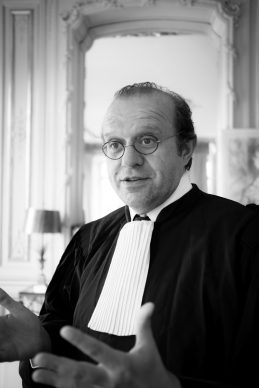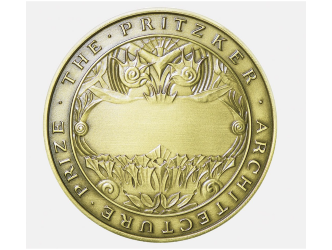The court decision came like a thunderbolt.
Guy Wildenstein, the heir to the world’s largest dynasty of art dealers, was accused in France of a massive tax fraud (‘The most sophisticated and longest tax fraud of the Fifth Republic’ (1)) but on 12 January, before the criminal court of Paris, he was cleared.
In France, the Wildensteins are the protagonists of an ongoing saga to rival the US soap opera Dallas: an exceptionally wealthy family fighting it out over an empire against a backdrop of exotic tax havens and a love for racehorses.
The patriarch of the empire was Georges Wildenstein (1892-1963), son of its founder Nathan, and whose son Daniel (1917-2001) helped its interests prosper on both sides of the Atlantic via, among other things, catalogues raisonnés of old masters and Impressionist artists. His eldest son Alec (born in 1940) died in 2008. Still alive today are Guy Wildenstein, an American national born in New York in 1945, his nephew Alec Jr. and his niece Diane.
In the criminal case for tax fraud, which got underway in 2011 and which centred around the registration of trusts in tax havens which had not been declared to the French taxman, Guy Wildenstein is defended by two lawyers, Eric Dezeuze and Hervé Temime.
In light of the dossier’s complexity and the media reaction to last week’s court’s decision, I asked Hervé Temime to explain the decision and the developments expected to follow.
Bear in mind that the presiding judge denounced the family’s attitude, declaring that its ‘inheritance was clearly concealed, over several generations, with a clear intention to evade inheritance tax.’
Hervé Temime states:
‘The court believed that at the time when Daniel Wildenstein was indicted, there was no legislation on trusts in France. He considered that in view of jurisprudence and the inquiries undertaken in the investigation, there was not sufficient certainty over the fact that evaded taxes were due. As a consequence, the court considered that the legal element was lacking. In other words, for there to be an offence, there needs to be a legislation condemning the act.
To give an example, if a mother doesn’t love her child, it’s not morally right, but if there is no legislation condemning her conduct, she cannot be sentenced.
For there to be an offence, moreover, there needs to be a material element and an intentional element but the judges did not even go that far. In fact, the court declared in this manner that it did not have to substitute for the legislator.’
For Hervé Témime the next step in the affair has two sides:
‘the prosecution lodges an appeal. In around a year from now there is a new trial during which anything can happen.
There is furthermore a separate trial in progress in the civil court to judge the payability of taxes.’
Hervé Témime sums up his analysis of the situation:
(1) Quote from the public prosecutor Monica d’Onofrio in Mediapart. 12 January 2017.
Support independent news on art.
Your contribution : Make a monthly commitment to support JB Reports or a one off contribution as and when you feel like it. Choose the option that suits you best.
Need to cancel a recurring donation? Please go here.
The donation is considered to be a subscription for a fee set by the donor and for a duration also set by the donor.





